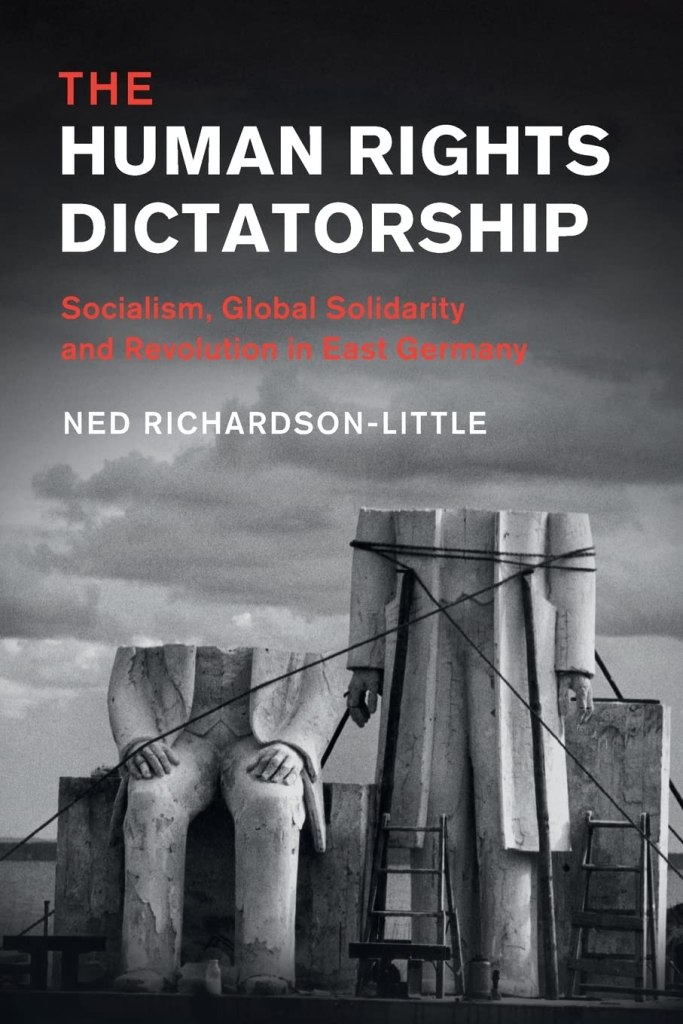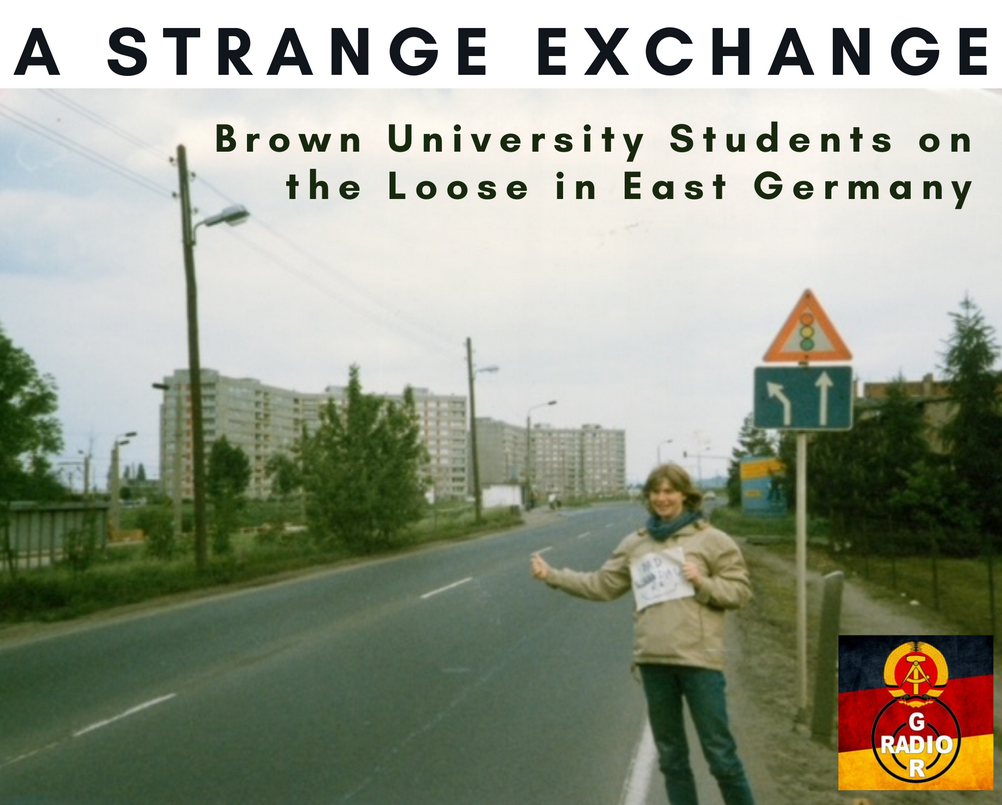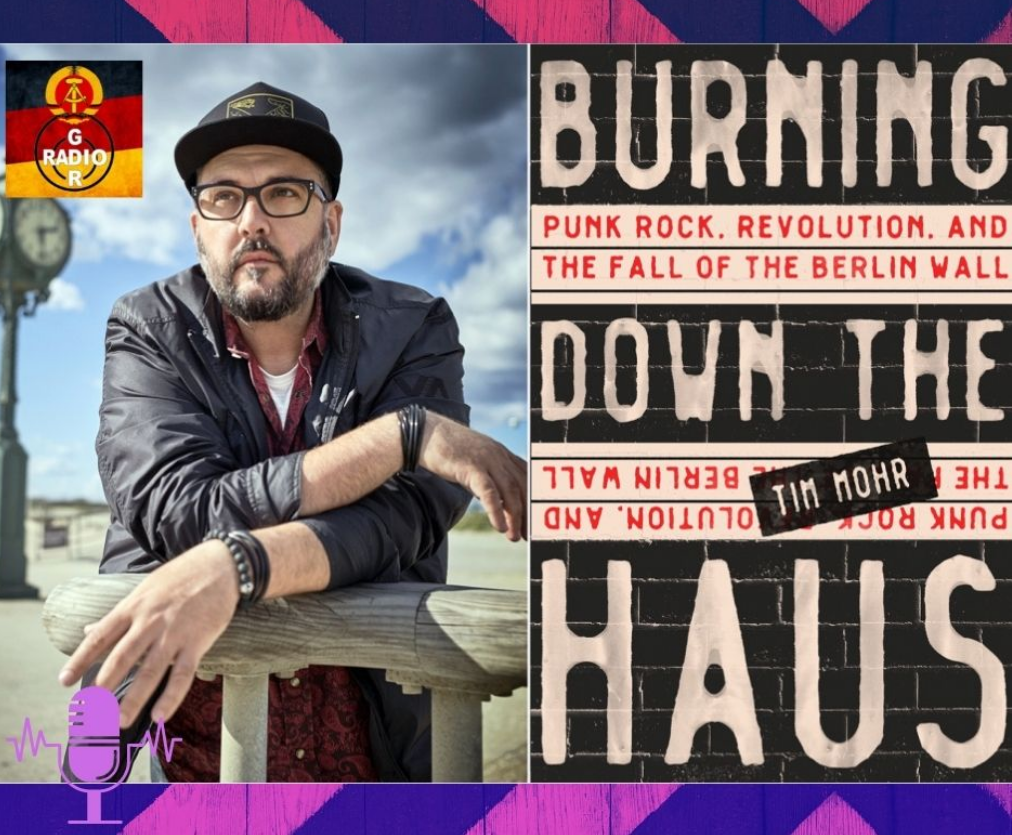
In my latest contribution to the Radio GDR podcast, I had a chance to speak with Attila the Stockbroker, an English poet, musician and songwriter with roots in the punk movement and socialist politics. During his forty year career as independent artist, Attila has produced numerous albums and books and performed more than 3,800 shows including many in the GDR and, after unification, eastern Germany.
In this conversation, Attila vividly recalls his visits to the East, the people whom he met there and aspects of the Workers and Peasants State which were an inspiration and other which left him disgusted.
You can hear our chat via your preferred pod platform or by visiting the new Radio GDR website at: https://radiogdr.libsyn.com/attila-the-stockbroker.









